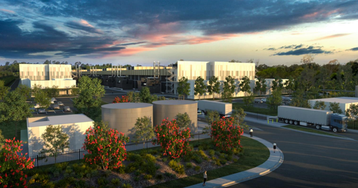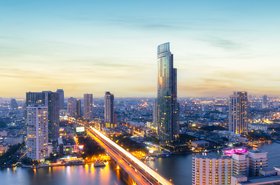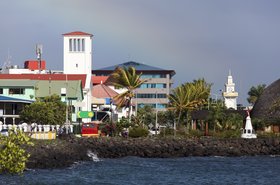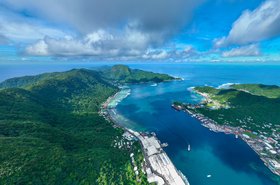Microsoft will invest AU$5 billion (US$3.18bn) into its Australian infrastructure footprint in what the company called its single largest Australian investment in its 40-year history in the country.
Announced this week, the company said the investment will go towards expanding its cloud computing and AI infrastructure in Australia over the next two years, and grow its local data center footprint from 20 sites to 29 spread across its existing markets Canberra, Melbourne, and Sydney.
The investment will reportedly increase Microsoft’s computing capacity in Australia by approximately 250 percent over the next two years.
Microsoft currently operates three Australian Azure cloud regions in Sydney, New South Wales; Melbourne, Victoria; and Canberra. The first two regions opened in 2014, the latter in 2018.
The company is developing a new campus in Sydney, but recently dropped plans for another facility elsewhere in the city.
Microsoft recently signed a Power Purchase Agreement with AGL Energy to procure energy from a wind farm in New South Wales.
The new data centers will be designed to help the company’s goals to become carbon-negative, water-positive, and zero waste by 2030. This will include using low-carbon materials during construction, as well as using renewable energy, water-cooling features, and measures to decrease diesel fuel use during operation.
Part of the investment will go towards launching a Datacentre Academy in Australia in early 2024, in partnership with TAFE NSW.
The academy’s curriculum will align with core operational roles, including those of data center technicians, critical environment specialists, inventory and asset management professionals, and IT operations personnel.
“We are confronting an ever-changing world. Countries will either move forward and seize the opportunities to create the jobs of the future, to expand in terms of our economic growth, to take advantage of where we are in the world in the fastest growing region in the world in human history just to our north, or countries will go past us,” said Australian Prime Minister Anthony Albanese. “And this investment will help make sure that doesn't happen.”







